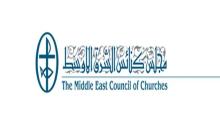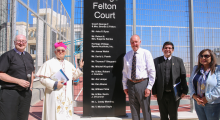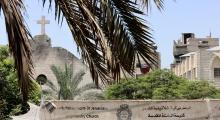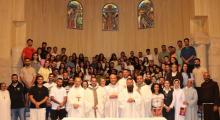Issued by the Catholic Center for Studies and Media - Jordan. Editor-in-chief Fr. Rif'at Bader - موقع أبونا abouna.org
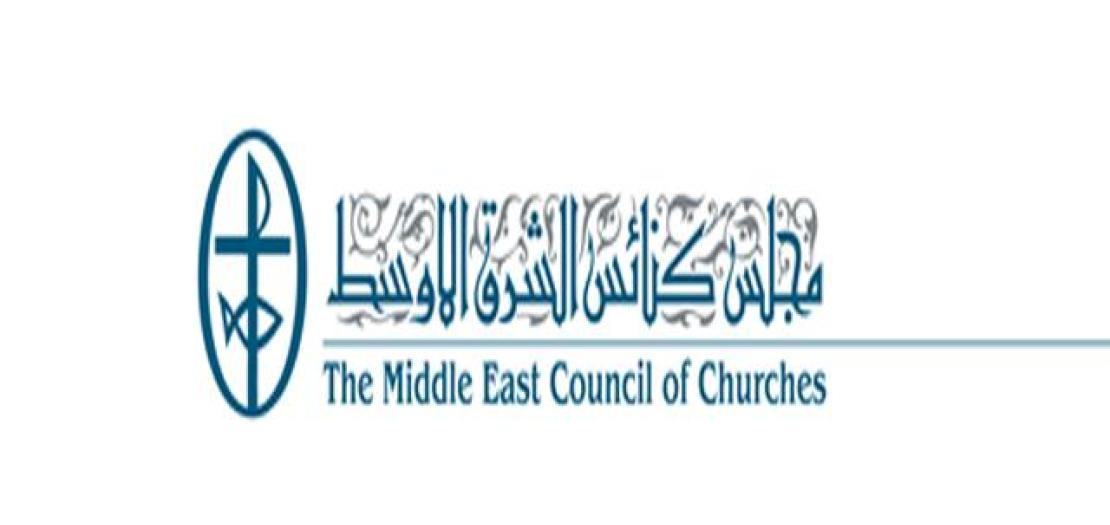
In a first-of-its-kind initiative, the Middle East Council of Churches (MECC) Jordan’s office, with the MECC Diakonia Department, organized a consultation session on the Humanitarian-Peacebuilding Nexus approach for all Church humanitarian organizations working in Jordan, including the MECC international partners and ACT Alliance members in Jordan. The session took place from September 15 to 16 at the St. Ignatius Center for Knowledge Innovation, affiliated with the Greek Orthodox Archdiocese of Amman.
The purpose of this session was to highlight the experiences of the participating organizations and their lessons learned regarding the so-called Humanitarian-Development-Peacebuilding Nexus approach to achieving a cohesive and secure society.
Following the opening Prayer and welcoming remarks from the Secretary General of the Middle East Council of Churches (MECC) Professor Michel Abs, the Secretary General of ACT Alliance Mr. Rudelmar Bueno de Faria, and Father Ignatius Khalifeh, Director of the MECC Office in Jordan, the seminar began with an analysis of the dynamics of conflicts in the Middle East and their causes by Dr. Bernard Sabella, and proposals for peace initiatives that MECC could adopt in its future projects.
Afterwards, His Eminence Archbishop Christoforos Atallah, the Greek Orthodox Archbishop of Jordan, talked about the role of Churches in Jordan in building peace through the various Diakonia institutions operating in the Kingdom of Jordan.
This was followed by a presentation of Biblical Sources on Ecumenical and societal development by Dr. Frida Haddad.
Then, a presentation was made about the United Nations Development Program (UNDP) on the Nexus approach, in conjunction with the ACT Alliance approach, with the aim of exploring the experience of international institutions in this field. To reach a common approach to conflict analysis mechanisms in the targeted areas and their causes, and to understand how to devise solutions and implementation methods to achieve peacebuilding through humanitarian action, Mr. Farah Bou Kher from Tearfund organization gave an analytical presentation on this topic. It helped the participants in the workshops of the following day to study multiple cases of conflicts and develop strategies for resolving them.
The first day concluded with a talk by Fr. Dr. Rif'at Bader, member of the MECC Executive Committee and Director of the Catholic Center for Studies and Meda in Jordan. He presented an approach to media work in Jordan at the official and Church levels.
To gain insight into the work of the participating institutions in peace-building, the second day began with presentations by participating local and international institutions, both in person and via Zoom. Twelve institutions shared their expertise in this field, followed by workshops to study a virtual case in Jordan, starting with analyzing the causes of the situation and developing goals, indicators, and activities specific to peace-building.
The seminar concluded with an open dialogue session among the participants, who all expressed the importance of the MECC initiative to hold such consultative meetings, in its capacity as a gathering of Churches in the region. Noting that it was the first time that representatives from all the Churches wokring in Jordan had participated in humanitarian affairs, and highlighted the need to continue holding such meetings in the future.
A final word of thanks was extended by the participants to the Greek Orthodox Archdiocese of Jordan, represented by His Eminence Archbishop Christoforos Atallah, and to all the specialists and technicians at the St. Ignatius Center, for their dedication in providing all the services necessary for the success of the seminar.


